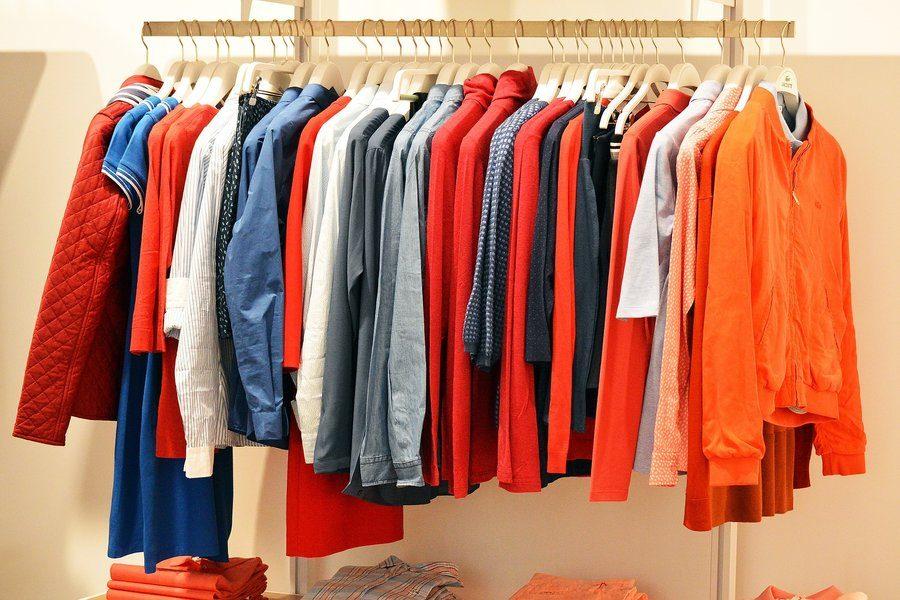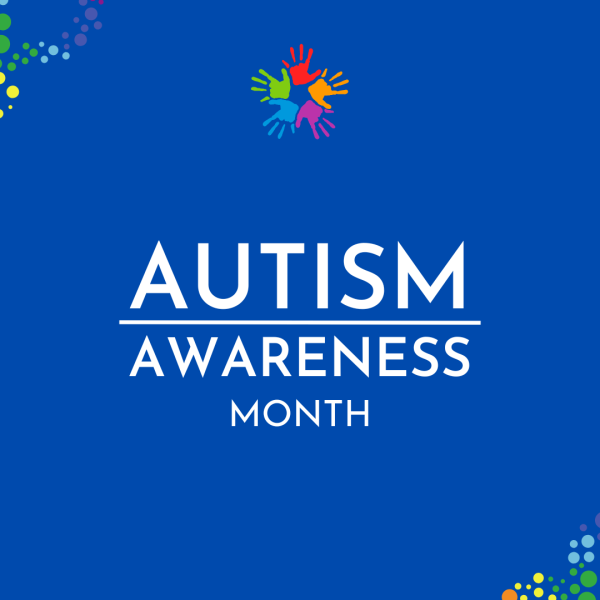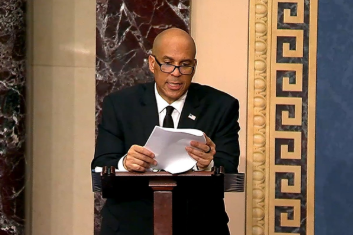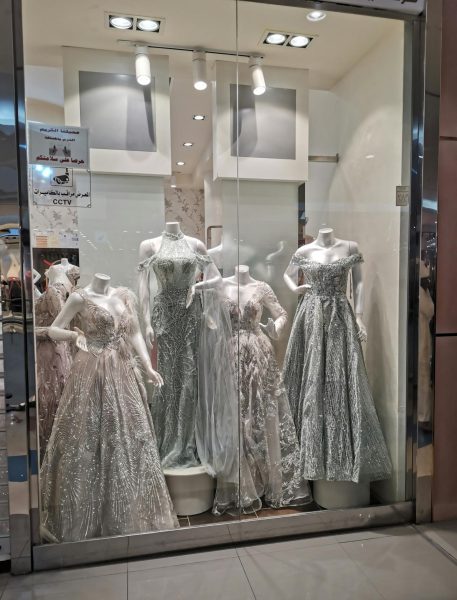Dress, Appearance, and You – WBHS students discuss dress code
Does the school dress code help, or does it objectify students?
The purpose of dress code is to “Encourage, model and practice respect,” according to the West Bloomfield High School (WBHS) student code of conduct. However, does respect come from a person’s appearance?
Emily Falkowski, junior, was dresscoded at the end of the school year during her sophomore year of high school for wearing shorts that were deemed too short for school. Falkowski was angry, saying “It was so embarrassing and I had to miss a huge chunk of my class because apparently wearing shorts during the summer is a crime.” Falkowski does not feel that it was fair that she was dress coded, as it was hot and calling attention to her clothes distracted both her and her classmates.
Avery Ribiat, senior, was dresscoded twice this year for wearing shoulderless tops. This year many students have spoken up about these kinds of tops, and she says “Saying that my shoulders are distracting is like saying that your knees are distracting. It’s unethical and ridiculous. I should have the right to express myself how I’d like. I wore a shoulderless shirt because I liked how it made me feel, it wasn’t meant to provoke anyone, and if it did, that’s on them, not me.”
This is an excerpt from the WBHS Code of Conduct describing the dress code which students are expected to follow:
Code of Conduct:
School dress and personal adornment are forms of self-expression. As such, they are subject to fashion trends and the personal taste of the student and his or her individual family. However, no student’s dress or personal adornment shall materially jeopardize, interfere with, disturb, or negatively affect:
- the health of the student or other students,
- the safety and welfare of the student or other students,
- the orderly conduct of the educational process.
But are these articles of clothing really affecting the health of the student body, the safety and welfare of student body, and the conduct of the educational process? After polling a sample of WBHS students to see if this really was the case, only about 15% of students found the images of dress code violating outfits shown, distracting. When asked why, many students said it was because the person was attractive, regardless if they were following the dress code or not. Several students also came to the conclusion that it was impossible to judge someone’s success by their appearance.
Is dress code really necessary? Do you think that your performance in school is affected by what you or others are wearing? Leave a comment below to voice your opinion!
Your donation will support the student journalists of West Bloomfield High School. Your contribution will allow us to purchase equipment and cover our annual website hosting costs.
Avani Samandur is a junior who enjoys writing and expressing her opinions on pressing issues of the world. She believes that everyone should be informed...












